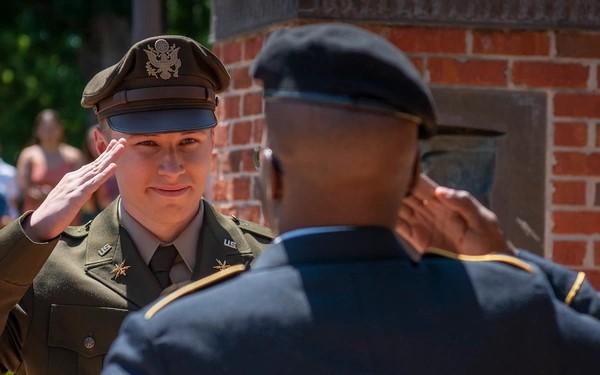Commentary
You are about to embark on the beginning of your career. I wanted to share some things I’ve learned through experience to “put in your rucksack” as you start BOLC [Basic Officer Leader Course], Pre-Ranger, and beyond.

You are about to embark on the beginning of your career. I wanted to share some things I’ve learned through experience to “put in your rucksack” as you start BOLC [Basic Officer Leader Course], Pre-Ranger, and beyond.